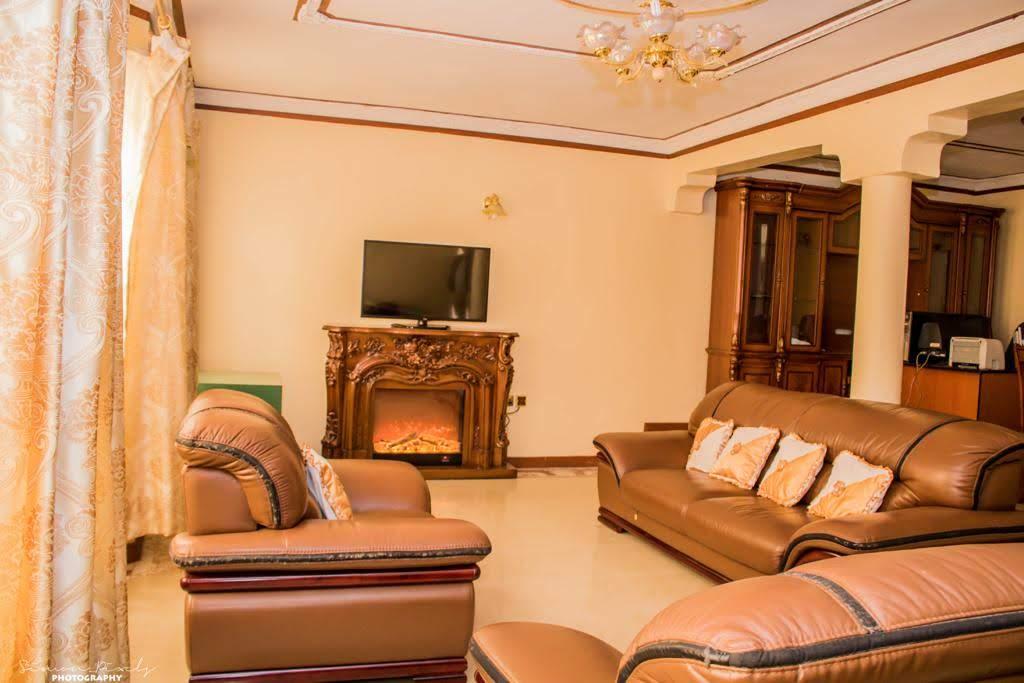Blogs
The Importance of Regular Property Maintenance
Property maintenance is more than just a routine task; it's a crucial aspect of property management that directly impacts both the value of the property and the safety and satisfaction of its occupants. Whether you're a homeowner, landlord, or property manager, regular maintenance should be a top priority to ensure the longevity and functionality of the property.
First and foremost, regular maintenance helps preserve the value of the property. A well-maintained property not only attracts potential buyers or renters but also commands higher prices. When a property is neglected and allowed to deteriorate, it can lead to costly repairs and decreased property value. For homeowners looking to sell their property in the future, regular maintenance is essential for maintaining curb appeal and maximizing resale value.
Similarly, for landlords and property managers, regular maintenance plays a crucial role in retaining tenants and attracting new ones. Tenants are more likely to renew their lease or recommend the property to others if they feel that their living environment is well-maintained and cared for. On the other hand, neglected properties are more likely to experience high turnover rates as tenants seek better-maintained alternatives.
Beyond preserving property value, regular maintenance is also essential for ensuring the safety and well-being of occupants. Faulty electrical systems, leaking roofs, or damaged plumbing can pose serious safety hazards to occupants and may lead to accidents or injuries. By conducting regular inspections and addressing maintenance issues promptly, property owners can mitigate risks and create a safe living environment for tenants or residents.
Regular maintenance also helps prevent minor issues from escalating into major problems. A small leak, if left unattended, can lead to water damage, mold growth, and structural issues over time. By identifying and addressing maintenance issues early on, property owners can save time and money on costly repairs down the line. Additionally, proactive maintenance helps minimize disruptions to occupants and ensures that the property remains in good working condition.
Furthermore, regular maintenance contributes to energy efficiency and sustainability. Insulating windows, sealing drafts, and upgrading HVAC systems are just a few examples of maintenance tasks that can improve energy efficiency and reduce utility costs. By investing in energy-efficient upgrades and practices, property owners can lower their operating expenses and reduce their carbon footprint.
In addition to the tangible benefits, regular maintenance also fosters a sense of pride and ownership among occupants. When tenants see that their landlord or property manager is proactive about maintaining the property, they are more likely to take better care of their living space and adhere to lease agreements. This creates a positive feedback loop where well-maintained properties attract responsible tenants who, in turn, help preserve the property's condition.
In conclusion, regular property maintenance is not just a chore; it's a critical investment in preserving value, ensuring safety, and enhancing occupant satisfaction. Whether you're a homeowner, landlord, or property manager, prioritizing regular maintenance is essential for protecting your investment and creating a positive living environment for occupants. By staying proactive and addressing maintenance issues promptly, property owners can enjoy long-term success and peace of mind.
